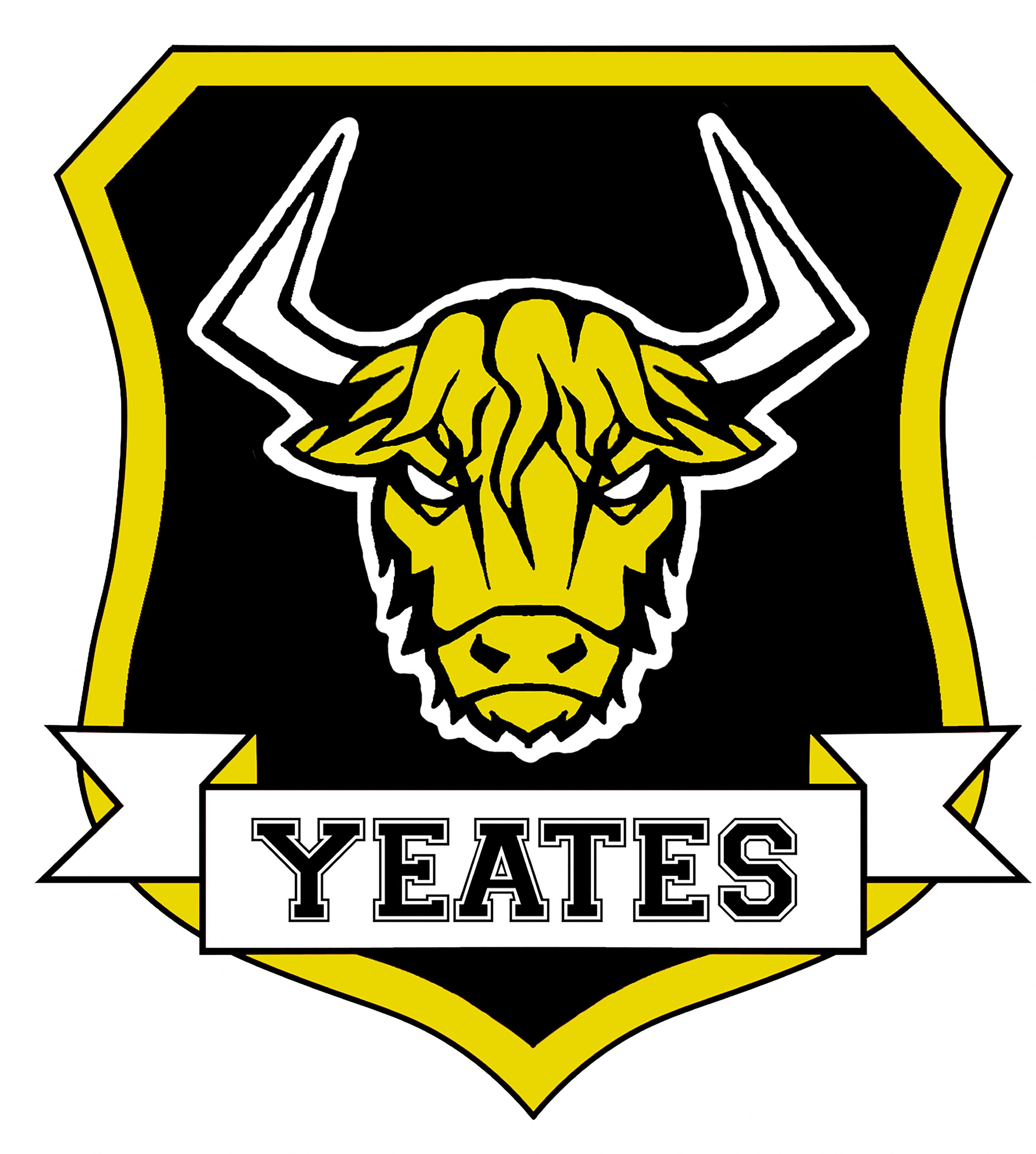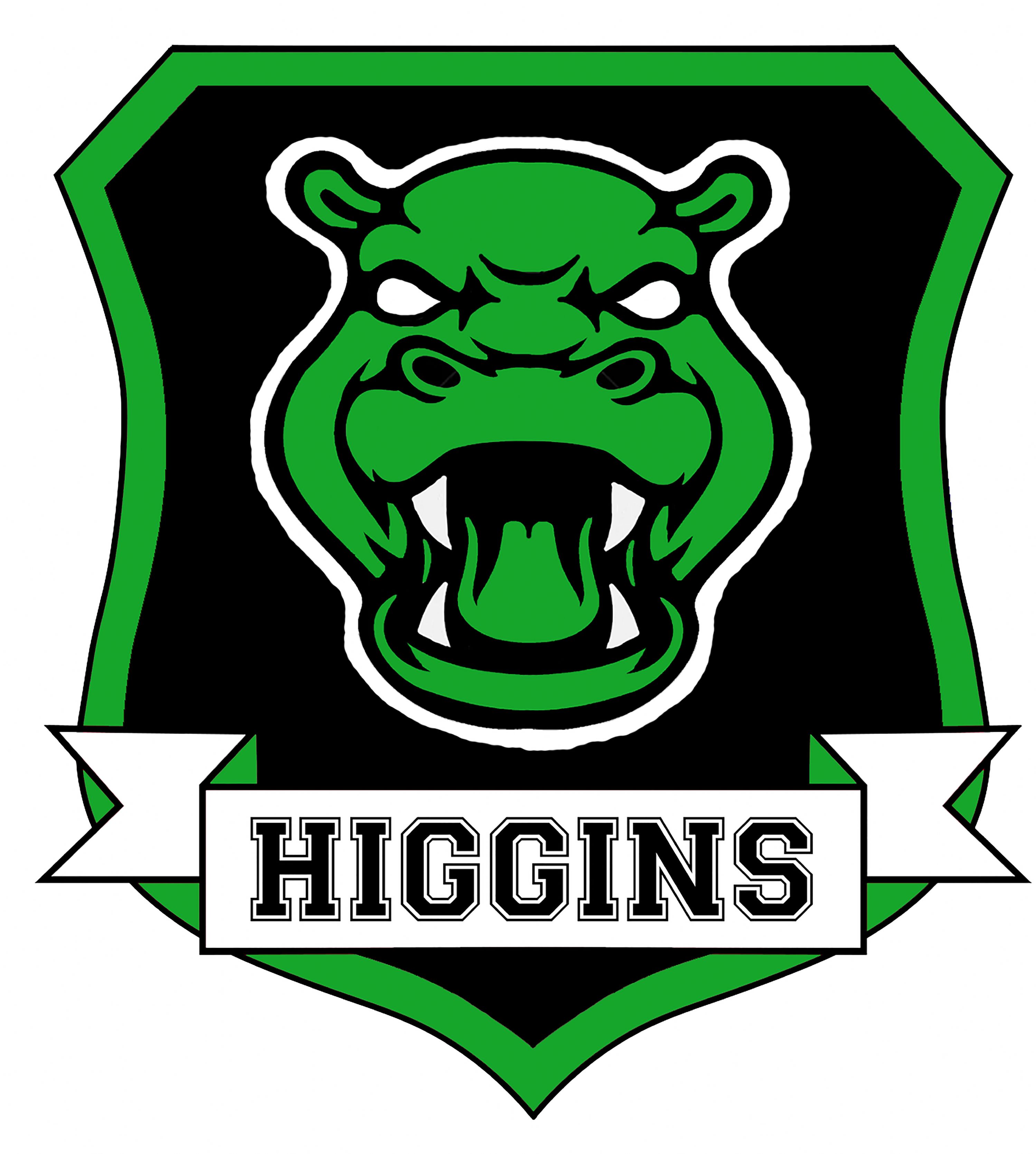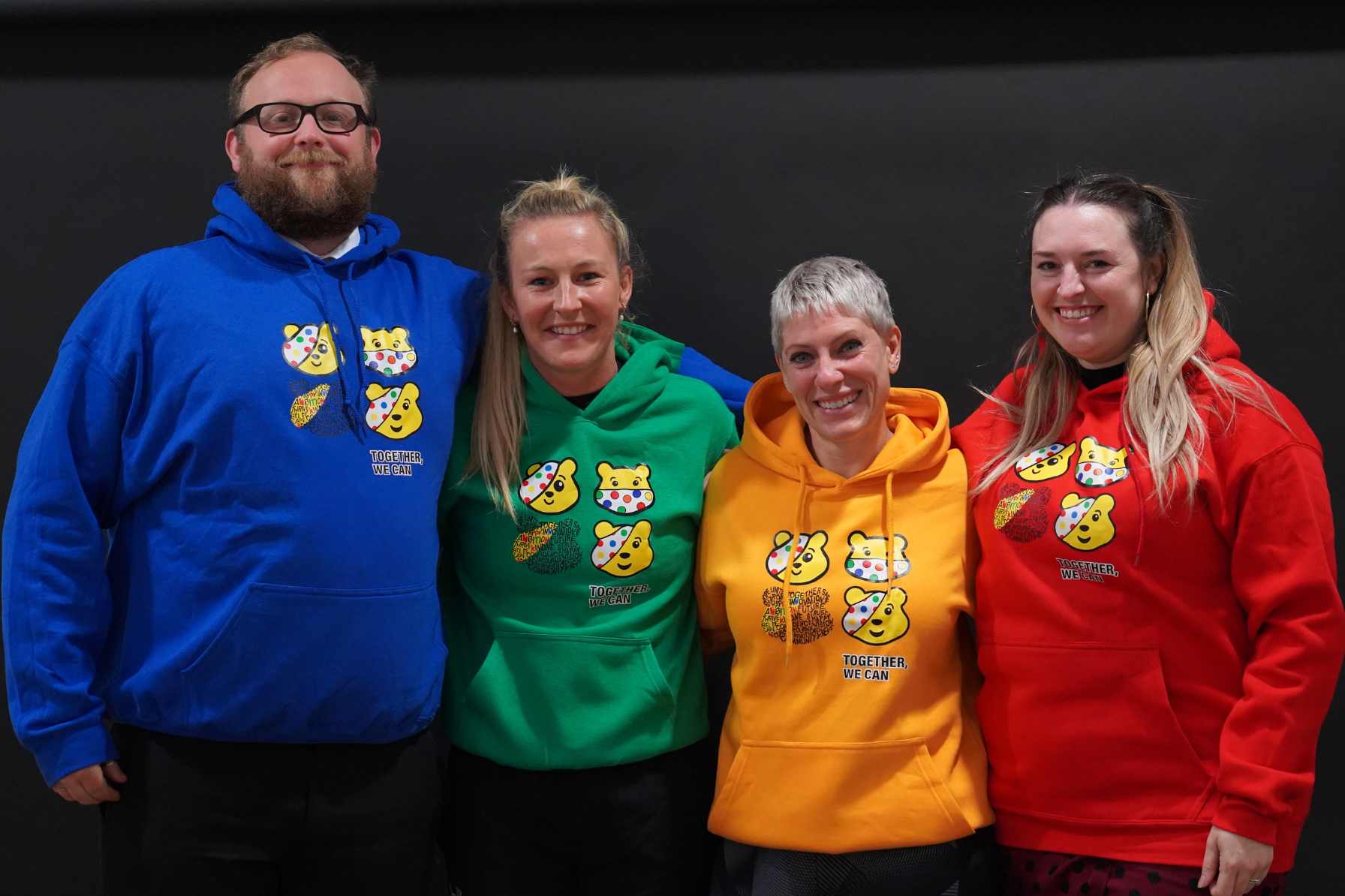Wellbeing & Pastoral Care
Offering sector-leading pastoral care is the focus of our thinking as a School. Pupils are provided with advice, guidance and practical support to help create positive outcomes and healthy minds.
Ever since we opened our doors in 1940 to educate children evacuated during World War Two, the School has been synonymous with compassion, protection and inclusivity. Pupils and parents will often talk about the family feel of Lingfield with a deep sense of pride, and newcomers invariably remark on the warm welcome they receive.
You need only take a quick walk around our classrooms and grounds, and you can feel it - a vibrant, kind and happy community that hums with a sense of collective purpose. At the very heart is our pastoral care programme, which is fully integrated from Nursery to Sixth Form, designed to ensure that every pupil feels recognised and valued, and their individual academic and personal journey is understood, shared and supported.
At Lingfield, we believe in a rounded learning experience that champions the whole person. The interwoven approach of our academic, pastoral and co-curricular programmes, rooted in the achievement of our educational vision, enables us to offer a genuinely holistic education for every pupil. As a school, we are future-focused and aspirational in our learning, but thoughtful and grounded in our approach. Being an all-through school strengthens our family atmosphere, providing a well-rounded, enjoyable and enriching educational experience for all. Pupils at Lingfield thrive in a diverse community that promotes individuality and offers every opportunity to flourish in the classroom and beyond.
The pupils' personal development is nurtured and supported in a school that considers the character of the whole person to be as important as their academic achievement
ISI, 2017
The PSHE Programme
Personal, social and health education (PSHE) is a programme that has been designed to support students to manage their academic, personal and social lives in a positive way. The curriculum nurtures a growth mindset, enhances a sense of belonging and promotes healthy relationships with self and others. Through careful and age-appropriate conversations and activities, the children become informed, interested in the world around them and aware of the need for social and moral responsibility.
Students have a dedicated PSHE lesson once a week during form time. These sessions include guest speakers, discussions, practical workshops and assemblies to engage students and enrich their learning experiences. We tackle important questions about all sorts of issues, including safe social networking, relationships, racism, budgeting, politics and mental health. We are building the skills our students need to thrive in an ever-widening global community.
Pastoral Team
Tutor System
Our strong tutorial system in the Senior School closely supports students with their studies and their personal development. Tutor groups are deliberately small with around 15 students in each, and they meet twice a day. The form tutor generally has the best oversight of students' lives at school and at home and is the first point of contact for parents on pastoral issues.
Form tutors are supported by a dedicated pastoral staff team:
- Mrs Parsons: Deputy Head - Pastoral & Designated Safeguarding Lead (DSL)
- Mrs Sevier: SENCo and Deputy Designated Safeguarding Lead
- Miss Redfern: Senior School Welfare Officer, Emotional Literary Support Assistant (ELSA) and Deputy Designated Safeguarding Lead
- Heads of Year
- Pip & Emma: School Counsellors
- Mrs Walton: Sixth Form Welfare Officer and Deputy Designated Safeguarding Lead.
Alongside school staff, we train a team of Sixth Form mentors to support our younger students. Emotional Wellbeing Ambassadors are volunteers within each year group, liaising with our Sixth Form Wellbeing Prefects and feeding back to the counsellor and the pastoral team with any suggestions or concerns from the student body.
The Pupil Voice
Pupil Voice is an important factor within our school. It incorporates all the ways in which we gauge what our students feel about the School and how we can improve. We hold regular Pupil Focus Groups where students are asked to contribute their feedback and ideas. We make use of online questionnaires to identify trends of thoughts and feelings which are then used to inform both teaching and the types of support that are available.
During form time we take part in a popular national initiative called ‘Votes for Schools’. Students from Years 9 to 11 learn about a particular topic which is often from the week’s news. They then discuss it within forms or wider groups and take part in an online vote that is collated with polls from other schools and used as a means of listening and responding to young people’s voices.
School Houses
Students belong to one of our four senior houses: Clubb, Higgins, Yeates & Bell, named after the parents who took on the school from the Notre Dame Sisters. The house system brings pupils together across age groups and builds a strong sense of belonging and community. It forms the basis of many friendly and inclusive inter-house sports, competitions and fundraising events throughout the academic year.

Yeates House

Bell House

Higgins House

Clubb House

Counselling
Our school counsellors Pip and Emma, are on-site five days a week, offering one-to-one sessions. They also oversee our whole-school approach to supporting mental health and emotional wellbeing. Pip is a qualified psychotherapist, and Emma is an Integrative Counsellor.
Counselling gives our young people a safe and confidential space to talk about the things that are troubling them, with a person that is professionally trained to offer support. Students can refer themselves to the service, or staff and parents can make a referral to counselling on their behalf, with their consent. The counsellors work closely with our two Welfare Support Officers: one for Years 7 to 11 and one for the Sixth Form. We also welcome trainee counsellors on placement who work with students, under close supervision.
Healthy Minds & Healthy Bodies
Healthy minds and healthy bodies go hand in hand. This mindset underpins our planning for both the curriculum and co-curricular programmes.
All year groups enjoy a double Games afternoon every week, alongside opportunities to take part in activities before and after school. Years 7 and 8 have an additional two PE lessons each week, and Year 9 has one. In Years 10 and 11, we offer GCSE PE followed by A Level PE or BTEC Sport in Years 12 and 13. Depending on their individual choices, it is quite common for students to do up to eight hours of sports and activities every week.
Students also have access to our onsite gym located within our Sports Centre, coupled with our dining hall offering a healthy menu of meals and snacks, with hot and cold options available, allowing them to replenish their energy levels throughout the day.
Mindfulness & Wellbeing Activities
As part of our diverse co-curricular programme, we offer a number of activities that focus specifically on the wellbeing of our students. Supporting wellbeing not only helps students feel happier and less anxious but also helps them to have positive interactions with others and learn more effectively.
- Colouring Club
- Mandala Making
- Gardening Club
- Tranquil Thursdays
- Yoga
- Shadow Boxing
Learning Support
Learning Support focuses on the provision of supplementary teaching to students who require additional help to realise their potential and reach their learning goals. This sits firmly in support of our commitment to individualised approaches to learning and positive emotional wellbeing. We recognise that children learn at different rates and have individual needs; our aim is to empower all pupils to fulfil their goals.
We are pleased to offer:
- A specialist learning support co-ordinator.
- One-to-one or small group tuition and study assistance
- Personalised arrangements for examinations
- Disability support
- Well-being advice and guidance
Luna - Wellbeing Dog
Luna is a cocker spaniel who has been trained through the Dog Mentor Programme. She is based with Mrs Sevier our SENDCO, but goes out and about in the school can can usually be found in the library at lunchtime, where she enjoys lots of strokes and pats from staff and students.
The Dog Mentor Programme builds on the benefits of the human-animal bond by offering young people positive experiences with dogs that can help them educationally, developmentally, emotionally and socially.


